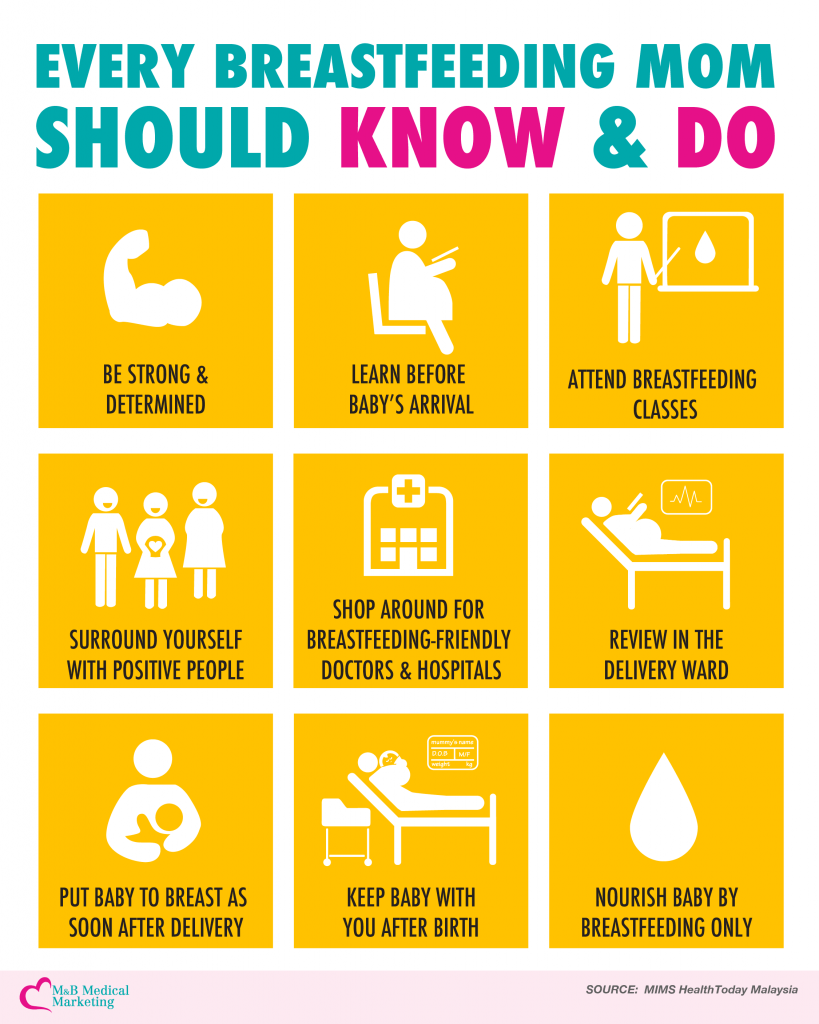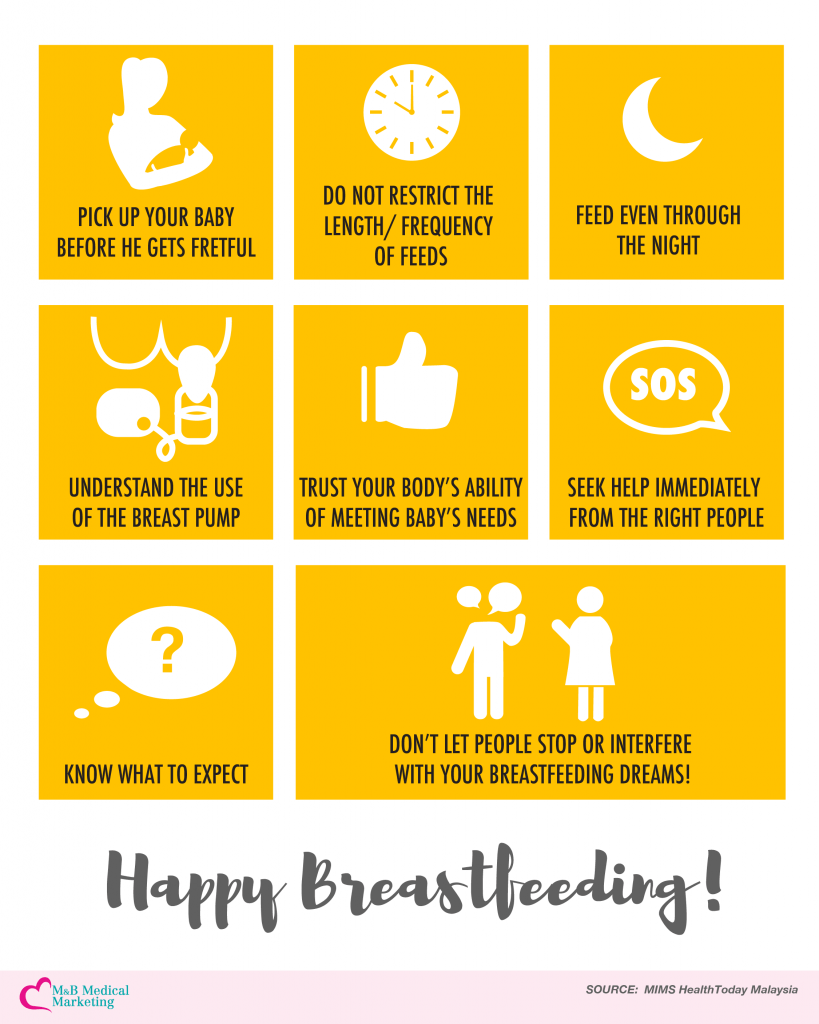ADORABLE INFANTS
WHAT EVERY
BREASTFEEDING MOM
SHOULD KNOW & DO


There are several things that can be done to possibly increase the chances of a successful breastfeeding experience:
Be strong and determined to breastfeed.
LEARN about breastfeeding BEFORE the baby’s arrival. Also, learn how
a normal baby behaves so that you would be able to remain calm when your baby cries.Attend breastfeeding classes; educate yourself on how milk is produced, how to identify a good latch-on, and the common problems of breastfeeding as well as how to avoid them.
Surround yourself with positive people, or avoid people who are negative about breastfeeding.
Shop around for breastfeeding-friendly doctors and hospitals. Insist on this. You are the paying customer!
When in the delivery ward, review all you have learnt about breastfeeding your newborn. Many people actually forget what they have learnt because they only attended one class when they were 7-month pregnant, and never seeked additional info on breastfeeding thereafter.
Do not allow yourself to be separated from your baby after birth. Your baby needs you, not the nurse! After spending almost 40 weeks in mummy’s womb, to be separated and left all alone in the nursery can be traumatizing for your baby!
Put your baby to your breast as soon as possible after delivery. Your baby’s first experience should be his mother’s skin, not the weighing scale or bath water!
Room in with your baby. Do not send your baby to the nursery, not even for check-ups by the paediatrician. Request the doctor to see your baby in your room; you have the right to be present when the doctor examines your baby. Mothers and their babies who stay close together are more relaxed. Mothers are also able to respond to baby’s hunger cues faster.
Nourish and comfort your baby by breastfeeding only. Do not substitute with bottle-feeding, formula milk or pacifier.
Pick up your baby before he gets fretful. Do not interrupt feeding time for anything or anyone. Switch off the phone and lock the door if necessary.
Ensure you have a good positioning and latching while breastfeeding. A proper latch is crucial for success. A painful latch almost always means that the latch is wrong. If you are not sure about this, it is best to consult a lactation counsellor.
Do not restrict the length or frequency of feeds. If you find that your baby needs to latch on “all the time”, it is best to learn breastfeeding lying down. You will get more sleep and rest this way, and baby would be a lot calmer, being so close to her or his mummy.
Feed even through the night, as this is the time you secrete the most prolactin, the hormone responsible for milk production. This will ensure that you produce more milk the next day.
Understand the use of the breast pump. It’s not necessary to pump in the early days except under special circumstances i.e., if you have to be separated from your baby due to medical reasons. The pump can never replace the effectiveness of a baby suckle. You may start pumping later on, perhaps, after 3-4 weeks.
Trust your body. Your body provided all the nourishment that the growing foetus needed when you were pregnant. After birth, be confident that you have the ability to continue meeting your baby’s needs.
Seek help immediately from the right people, especially when you are breastfeeding non-stop, and cannot even sleep. Be willing to get out from your comfort zone and out of your house to seek help when needed if you believe breastfeeding is the best and important for your baby.
Know what to expect, i.e. everything about poop and pee – from amount to colour to texture (the poop, especially) – anything out of the ordinary, seek help! Understand what causes jaundice and if your maternal instincts tell you something is not right, seek help immediately.
Don’t let the confinement lady and older folks bully you into stopping or interfere with your breastfeeding dreams! You have got to be strong and determined for your baby’s sake. Your baby depends on you to protect and nourish him.
SOURCE: MIMS HealthToday Malaysia
